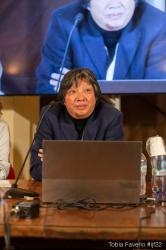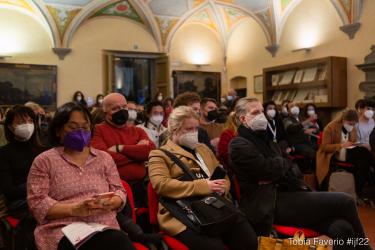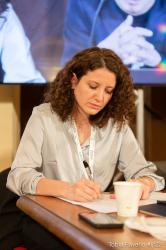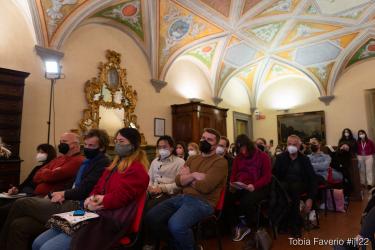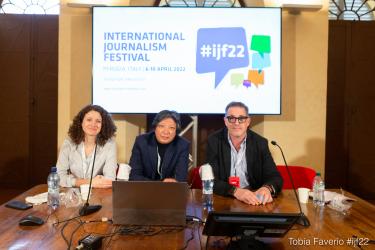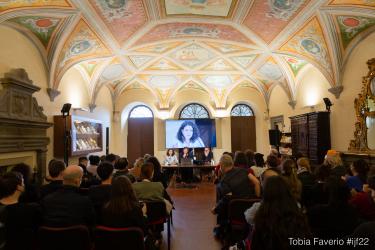The latest revelations of leaked directives issued by Chinese authorities to state media outlets come as no surprise. The country is considered “not free” in Reporters Without Borders’s World Press Freedom Index, and holds the dubious honor of being the “world’s biggest jailer of press freedom defender.” Surveillance, harassment, fear of arrest, or worse means that many journalists and writers must censor themselves in order to continue working at all.
And China is hardly alone. From India to Belarus, journalists face threats and intimidation intended to keep them from reporting. While some cases have made headlines, many others have not, and the extent and impact of internalized “censorship norms” on how journalists carry out their work often is not seen at all.
How prevalent is self-censorship today, and what can be done – and by whom – to ensure the sustainability of independent media?
Organised in association with Project Syndicate.




